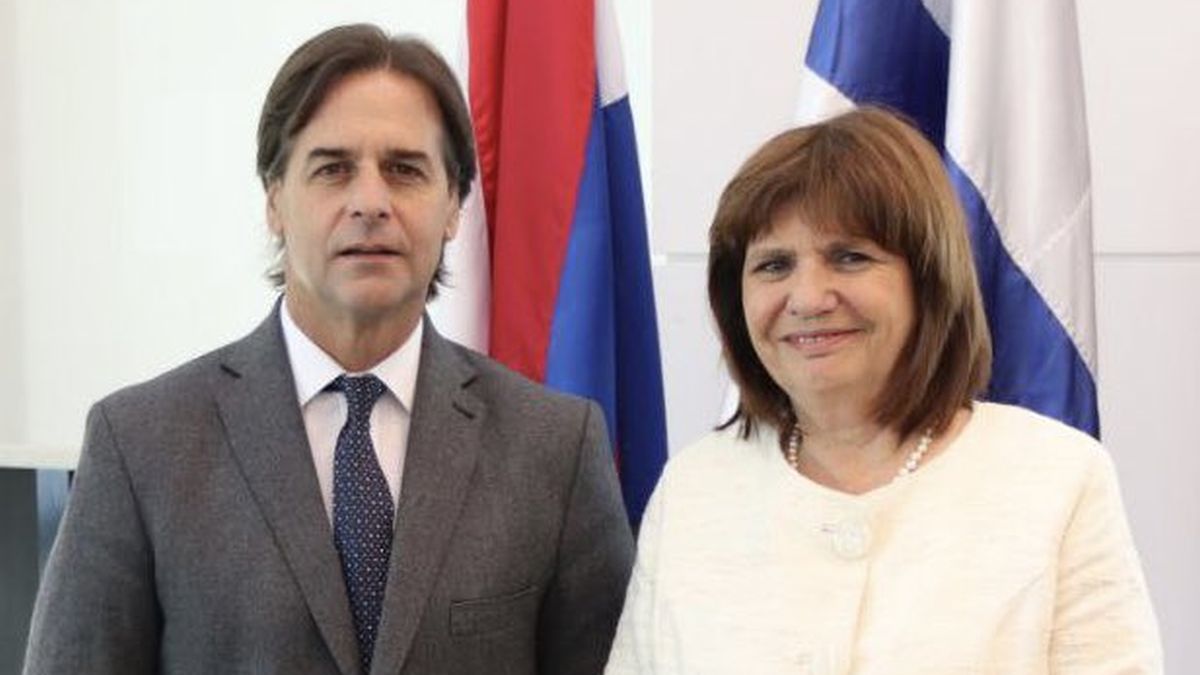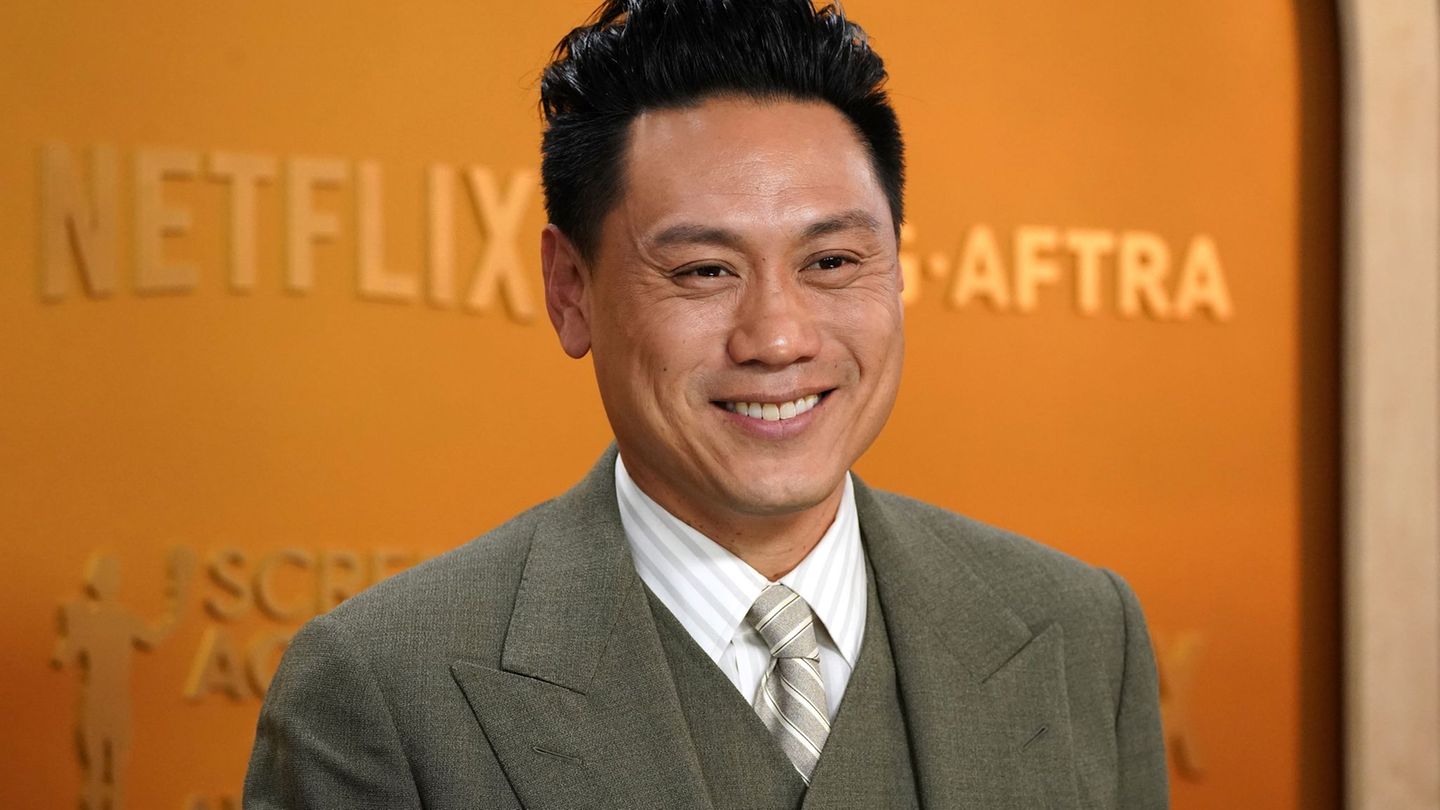“We believe that whenever we can make regional agreements, it is good,” explained Bullrich, but that “if these regional agreements are eternal and never close, the countries have to have freedom.”
The question and the answer were given in the face of President Lacalle Pou’s initiative to advance unilaterally with China in a FTA —among other possible agreements with different powers— that brought tensions between the Mercosur partners, especially with Argentina.
In this sense, Bullrich assured that “with the president of Uruguay we think of a policy open to the world” and of improving the business climate, a comment that opened the doors to thinking about the return to the Argentine government of Together for Change.
The side agreements
The meeting in Montevideo was immediately upon the return of Lacalle Pou from Japanwhere he advanced with the possibility of exporting rice to the Asian country and negotiating a future bilateral pact in parallel with Mercosur, in the face of the imminent Uruguayan application for accession to the Progressive and Comprehensive Agreement for Trans-Pacific Partnership (CPTPP).
In the same way, last July, the Uruguayan president announced that he would advance in the creation of a Free Trade Agreement (FTA) with China, an initiative that dynamites the rules of the continental bloc that also make up Argentina, Brazil and Paraguay; and that intensified the rispideces between the governments.
These actions take place within the framework of a clear policy of commercial openingin which the Uruguayan government claims to want to do it as part of Mercosur, but also betting on the bilateral route.
Source: Ambito
David William is a talented author who has made a name for himself in the world of writing. He is a professional author who writes on a wide range of topics, from general interest to opinion news. David is currently working as a writer at 24 hours worlds where he brings his unique perspective and in-depth research to his articles, making them both informative and engaging.




